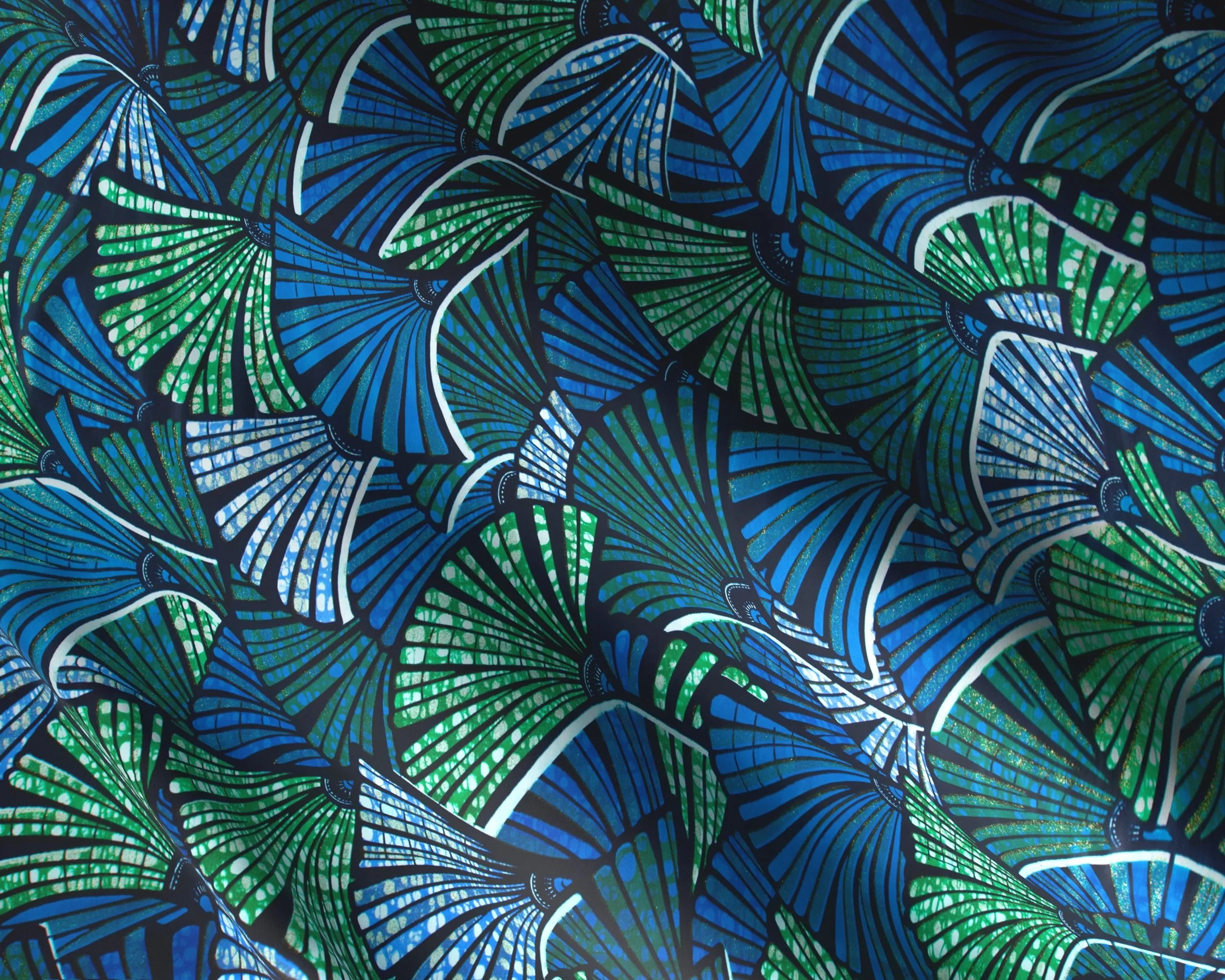

In advance of our wedding ceremony, we invite you to take part in our Nigerian Traditional Wedding Ceremony. Often referred to as the Yoruba Engagement Ceremony, this occasion is far more than a prelude to the wedding day. It is a deeply meaningful rite of passage: a formal uniting of two families, a symbolic exchange of blessings and intentions, and a celebration where storytelling, color, dance, and tradition converge to honor love in its most communal form. Steeped in history and led with reverence, this ceremony sets the tone not only for our marriage, but for the merging of our lineages, with joy, pride, and immense gratitude.
What to Expect
The Alaga and The Ceremony
The evening is led by two traditional masters of ceremony known as the Alaga Ijoko (representing the bride’s family) and the Alaga Iduro (for the groom’s side). Through singing and often playful negotiation, they guide the ceremonial proceedings and narrate the symbolic steps of the union: think part cultural ritual, part theatrical performance, part comedy roast.
The Arrival of the Groom’s Family
In Yoruba tradition, the groom’s family enters first, often dancing in together, to formally request the bride’s hand in marriage. They come bearing gifts, including yam, palm wine, fruit, and a letter of intent. The bride’s family may respond with a little dramatic flair ("We’ll see if she agrees!") before welcoming them in.
The Bride’s Grand Entrance
Later, the bride makes her entrance, often in a change of outfit, and dances out to greet her in-laws and receive blessings from her parents. It’s an emotional and powerful moment that symbolizes her transition into her new family.
Drumming, Dancing & the Art of Money Spraying
No Nigerian celebration is complete without music that moves you, and our traditional ceremony will be full of it. Expect the pulse of live Yoruba drumming, singing, and rhythms that invite both meaning and movement. As the bride, groom, and our families make their entrances and blessings are exchanged, the energy builds, and soon enough, the dance floor becomes a place of joy, laughter, and celebration. You may notice guests stepping forward to “spray” money, gently tossing bills over the couple as they dance. This isn’t just a festive flourish, it’s a cherished tradition that symbolizes honoring the couple, blessing them with prosperity, and sharing in their joy.
Want to join in?
You’re more than welcome! Many guests come prepared with small bills ($1s or $5s) ready to shower the moment with love (and a little flair). It’s spontaneous, joyful, and completely optional, if the music moves you, don’t be shy. Whether you join the rhythm or simply soak in the spectacle, we promise: it’s a moment you won’t forget.
Color, Meaning & Dress Code
In Yoruba culture, the bride’s family and groom’s family each select a distinct aso-ebi (coordinated color or fabric) that represents them. You’ll see vibrant hues, intricate embroidery, beaded accessories, and elaborate geles (head ties) and fila (caps). It’s a visual love letter to identity, unity, and beauty.
What to Wear: Festive Formal or Nigerian Traditional Attire
We invite you to embrace the color and flair of the evening by dressing in the color of either family, we’ll share those details closer to the date. Traditional Nigerian attire is warmly welcomed but never required; feel free to interpret the palette in a way that feels celebratory, stylish, and true to you (and yes, this is the event for bold colors, fun prints, and dancing shoes!) For those interested in purchasing traditional Nigerian clothing or accessories, we’ll be providing more information soon about a dedicated service to make that process easy, exciting, and fully accessible.
Why It Matters
This ceremony is where our two families truly become one. It’s about honoring ancestry, legacy, and the village it takes to nurture a union. Whether you’re Nigerian or simply Nigerian-adjacent for the day, we hope you’ll be swept up in the energy, the meaning, and the joy of it all.
Location & Time
We are still finalizing the exact start and end times for this event, but it will be taking place in the evening, most likely around 6PM at The Cabrillo Pavillion - 1118 E Cabrillo Blvd, Santa Barbara, CA 93103

